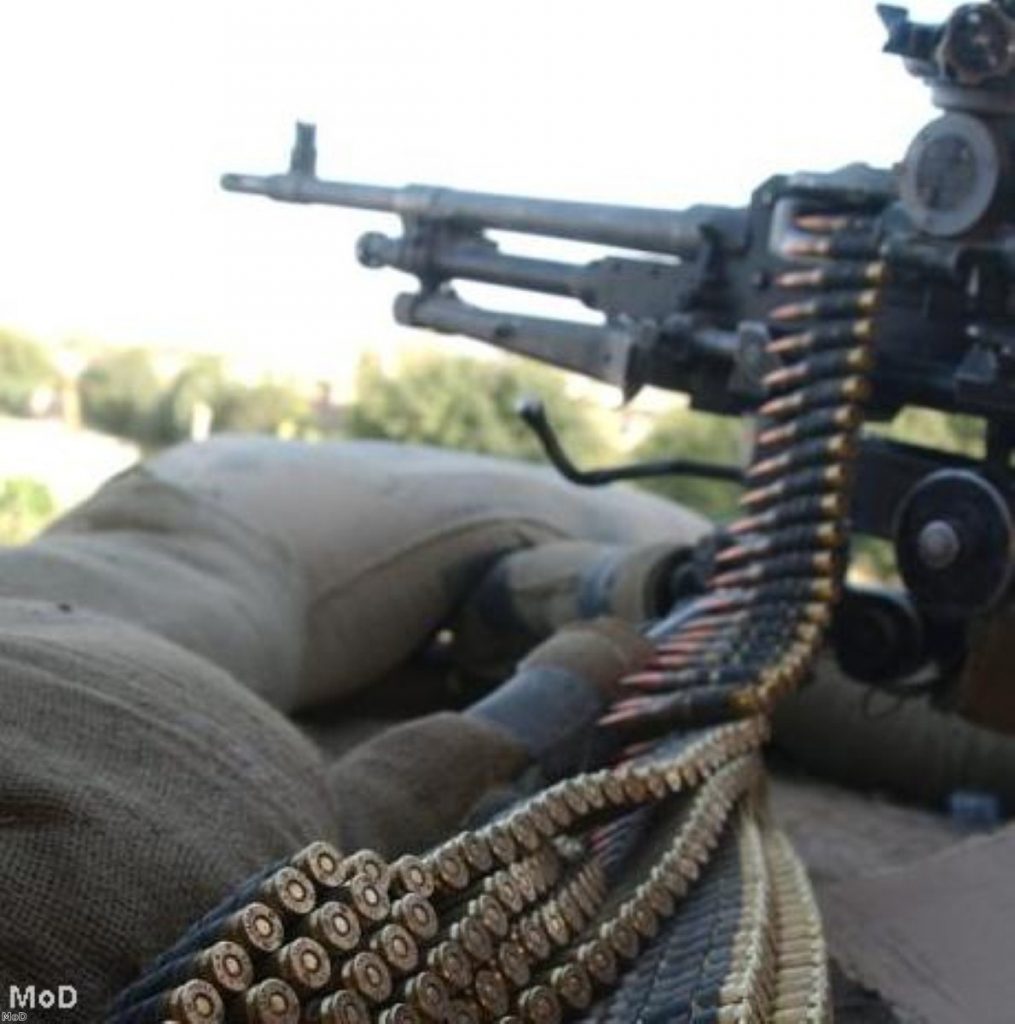Armed forces’ upward self-harm trend identified
Self-harm among members of the Armed Forces is on the rise, a study released today has concluded.
Findings published in the March edition of the British Journal of Psychiatry based on individuals presenting themselves to an Oxfordshire hospital between 1989 and 2003 noted an 80 per cent increase.
Female personnel were especially at risk of self-harm, which usually took place through overdosing on painkillers, tranquillisers, sedatives or depressants.
Alcohol played a key role in many of the incidents, with two-thirds having been drinking beforehand. Relationship and employment problems were identified – with 17 per cent saying they wanted to leave the service.


“Self-harm by armed forces personnel may often be a response to interpersonal and employment problems complicated by alcohol misuse, with relatively low suicide intent,” the study’s authors wrote.
They believe strategies aimed at reducing heavy drinking within the armed forces could help to prevent cases of self-harm in future.
The study’s findings underline the importance of a Healthcare Commission report out today on the trauma and rehabilitation services for military personnel hurt in battle.
It praised the “exemplary” services in Iraq and Afghanistan but was more critical of variations of standards away from the frontline.
“Away from the frontline and the spotlight of war, the DMS [Defence Medical Services] must give urgent attention to the maintenance and cleanliness of buildings,” Healthcare Commission chair Sir Ian Kennedy said.
“It must also improve awareness that 16- and 17-year-olds are still legally children – military personnel or not – and healthcare workers have a responsibility to act on any suspicion of bullying or abuse.”












